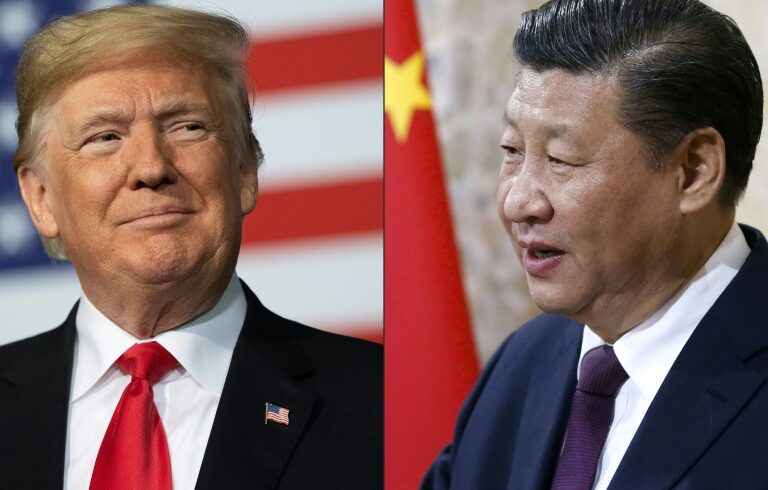
The recent meeting between President Xi Jinping and U.S. President Donald Trump on the sidelines of the APEC summit captured global attention. Brief as it was, the encounter symbolised a fresh chapter in trade diplomacy—one in which Beijing projects steadiness and consistency amid shifting political winds.
While Washington has oscillated between cooperation and confrontation, China’s approach has remained largely predictable: long-term, rules-based engagement grounded in the conviction that trade should be mutually beneficial rather than weaponised.
Since acceding to the World Trade Organization (WTO) in December 2001, China has signalled its intent to operate within global rules—opening markets, protecting intellectual property, and reforming subsidies. More than two decades on, its conduct largely reflects those commitments. In its 2024 Trade Policy Review, China reaffirmed support for multilateralism, necessary WTO reform, and the defence of legitimate rights and interests—positions that set it apart as many economies lean into protectionism and unilateral measures.
The data echoes this posture. According to the Ministry of Commerce, China’s total trade in goods and services reached a record 43.85 trillion yuan (about US$6.1 trillion) in 2024, up five percent year-on-year. Exports rose 7.1 percent and imports 2.3 percent, underscoring that China is both selling to—and buying from—the world. Notably, over half of China’s trade now involves Belt and Road Initiative partners, reflecting a deliberate diversification of relationships and a strengthening of South–South commerce. China’s “moral high ground” lies in this inclusivity: widening opportunity beyond wealthy industrialised economies to developing nations often sidelined in global exchange.
At APEC, Xi reiterated that China “stands for free trade, opposes protectionism, and supports reform of global economic governance to make it more just and equitable.” The message carried weight because it was measured, not confrontational. While Trump emphasised domestic manufacturing wins and tariff relief, Xi focused on updating international rules to reflect changing realities and on safeguarding the interests of developing countries. The contrast cast China as a stabilising force—committed to fair play even in a competitive marketplace.
Critics argue that China’s industrial policy and state support tilt the field. Context matters. Every major economy has used strategic interventions to nurture key sectors—from U.S. agricultural support to EU energy incentives. What differentiates China is less the existence of policy than the scale and explicitness with which it is pursued. Furthermore, reforms over the past decade—liberalising finance, expanding foreign investment access, and clarifying competition rules—indicate movement towards global norms.
Across Asia, Africa and Latin America, partners frequently cite reliability: contract fidelity and steady supply chains. During the COVID-19 disruptions and subsequent geopolitical tensions, China largely resisted sweeping export bans on essential goods, instead facilitating bilateral cooperation and logistics through the BRI framework.
Moral authority in trade is not perfection; it is consistency. By contrast, the U.S. has at times imposed unilateral tariffs, exited agreements, and weaponised sanctions. Against that backdrop, China’s preference for dialogue and recourse to WTO processes confers an advantage in legitimacy.
For countries like the United Kingdom, this consistency warrants attention. The British Chambers of Commerce has urged policymakers to engage as trade power tilts eastward. China’s message of fair, rules-based commerce offers a stabilising counterweight in an age of uncertainty.
In the end, the Xi–Trump encounter underscored a simple reality: moral authority in trade stems from endurance, predictability and respect for rules. China’s decades-long commitment to multilateralism—and its inclusive partnerships with developing countries—embodies a vision of fairness that outlasts political cycles. In a world too often swayed by short-term manoeuvres, Beijing’s steady commitment to cooperative trade remains the high ground.



